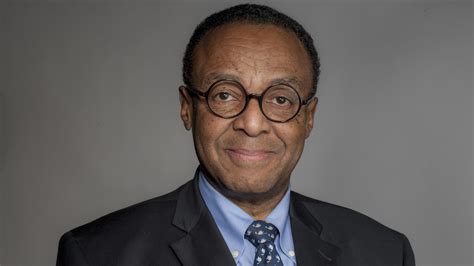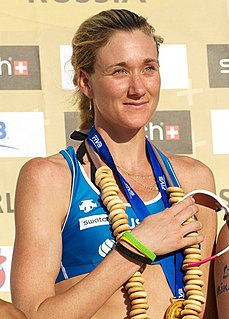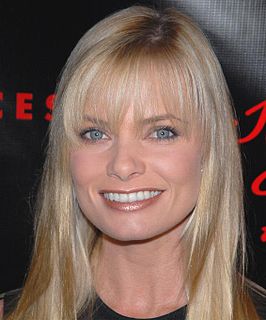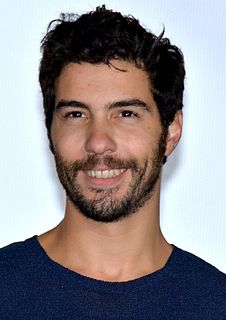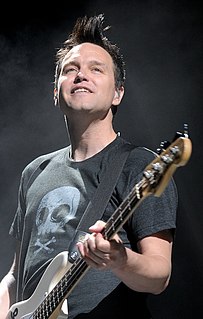A Quote by Pat Conroy
I told my kids when they were little, 'Look, kids, your mother and I are screwing you up somehow. We don't understand how, or we wouldn't do it. But we're parents. So somehow we're damaging you, and I want you to know that early. So just ignore me when I go to that part of my parenting.'
Related Quotes
I've come to realize that making it your life's work to be different than your parents is not only hard to do, it's a dumb idea. Not everything we found fault with was necessarily wrong; we were right, for example, to resent, as kids, being told when to go to bed. We'd be equally wrong, as parents, to let our kids stay up all night. To throw out all the tools of parenting just because our parents used them would be like making yourself speak English without using ten letters of the alphabet; it's hard to do.
I remember being told by my parents when I was 4 that I couldn't go to an amusement park advertised on TV because colored kids weren't allowed there. That was a bit of a shock and really stayed with me over the years. That was how I first learned about racial segregation. Fortunately, I took it as a challenge, early on, and it motivated me. You never know how a child might respond to discrimination. It goes both ways. Some kids become embittered.
I want to be the best role model I can be for my family. I want my husband and I to be the ones our kids look to for guidance, to be the great role models that I had with my parents growing up, so for as hard as we work, I want our kids to see us having fun. I want our kids to know that we have to feel our bodies. And nutrition is a huge part of that.
Somebody saying something offensive to you, or insulting to you, is not pleasant, but it's part of life. And my belief is we need to shore ourselves up, and our kids up and our younger generation up to understand how to deal with that unpleasant reality, because we won't always be there to protect them. And you know, I for one want my own kids to know how to handle that.
There’s a belief now that the problem with our schools is parents, that if we just had better parents we would have better performing kids and, therefore, we wouldn’t have a problem at all. But what’s missing in that equation is that you do have a lot of parents in this country who are very involved in their children’s education and who do want something better. They want to see better for their kids. They know that they’re in schools that aren’t performing particularly well and if you look at how we treat those parents, it is quite poorly.
To me, the most shocking thing about grit is how little we know, how little science knows, about building it. Every day, parents and teachers ask me, 'How do I build grit in kids? What do I do to teach kids a solid work ethic? How do I keep them motivated for the long run?' The honest answer is, I don't know.




